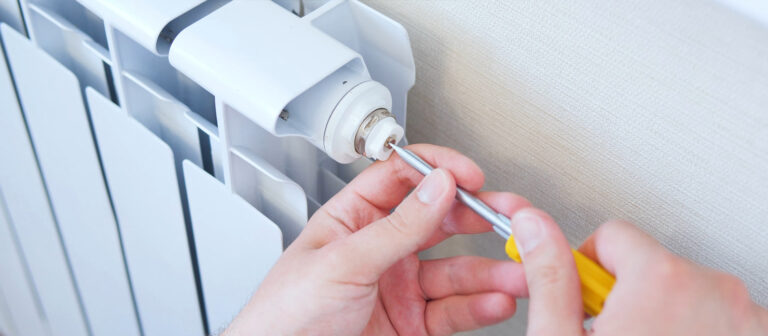When was the Last time you Flushed your Heating System?
We all know the importance of regular boiler maintenance – an annual service to keep your system in tip-top condition and ensure you and your home’s safety. But are you making sure your heating system is being flushed to remove sludge build up? If you’ve started to notice funny noises when your radiators come on or the heating doesn’t seem to be getting up to the correct temperature then you might need a system flush.
What does flushing your heating system mean?
Over time your heating system will probably accumulate debris and sludge throughout the radiators and pipes, if it’s not cleared out the sludge will build up and start to cause problems in your heating system, including:
- • Cold spots in your radiators
- • Noisy radiators and boiler
- • Dirty water when you bleed your radiators
- • Cloudy tap water
To prevent sludge from building up and damaging your heating system you should check whether you need to carry out a flush – either a power flush or a manual flush.
Regulations for Testing Condition of Water
Before working on, preparing or commissioning a heating system (new or existing) the system’s water needs to be treated inline with BS7593:2019. Following this code of practice will help ensure efficient and reliable performance of the heating system and help extend the life of the system.
What is a Powerflush?
A powerflush is where a chemical is pushed through your heating system using a pump to break down all the sludge and gunk that has accumulated and remove it from the system. The high pressure used to circulate the chemical ensures that any rust, sludge and muck is dealt with effectively.
While a powerflush can improve the efficiency and performance of your heating system it is not necessarily the answer to all your problems. If you are experiencing a pressure loss then it is more than likely due to a leak somewhere and a powerflush will not be able to help with that. It is also worth considering the age of your system – an older system (15 years or more) that hasn’t been regularly flushed will probably not benefit from a powerflush and in this case you might benefit from updating your boiler instead.
What is a Manual Flush?
With a manual flush individual radiators are flushed to remove any build up of gunk and help improve the radiator performance. This is a great alternative if you are experiencing issues with a specific radiator rather than the whole system.
Both methods of flushing should be carried out by a qualified professional to ensure it is performed properly and safely.

